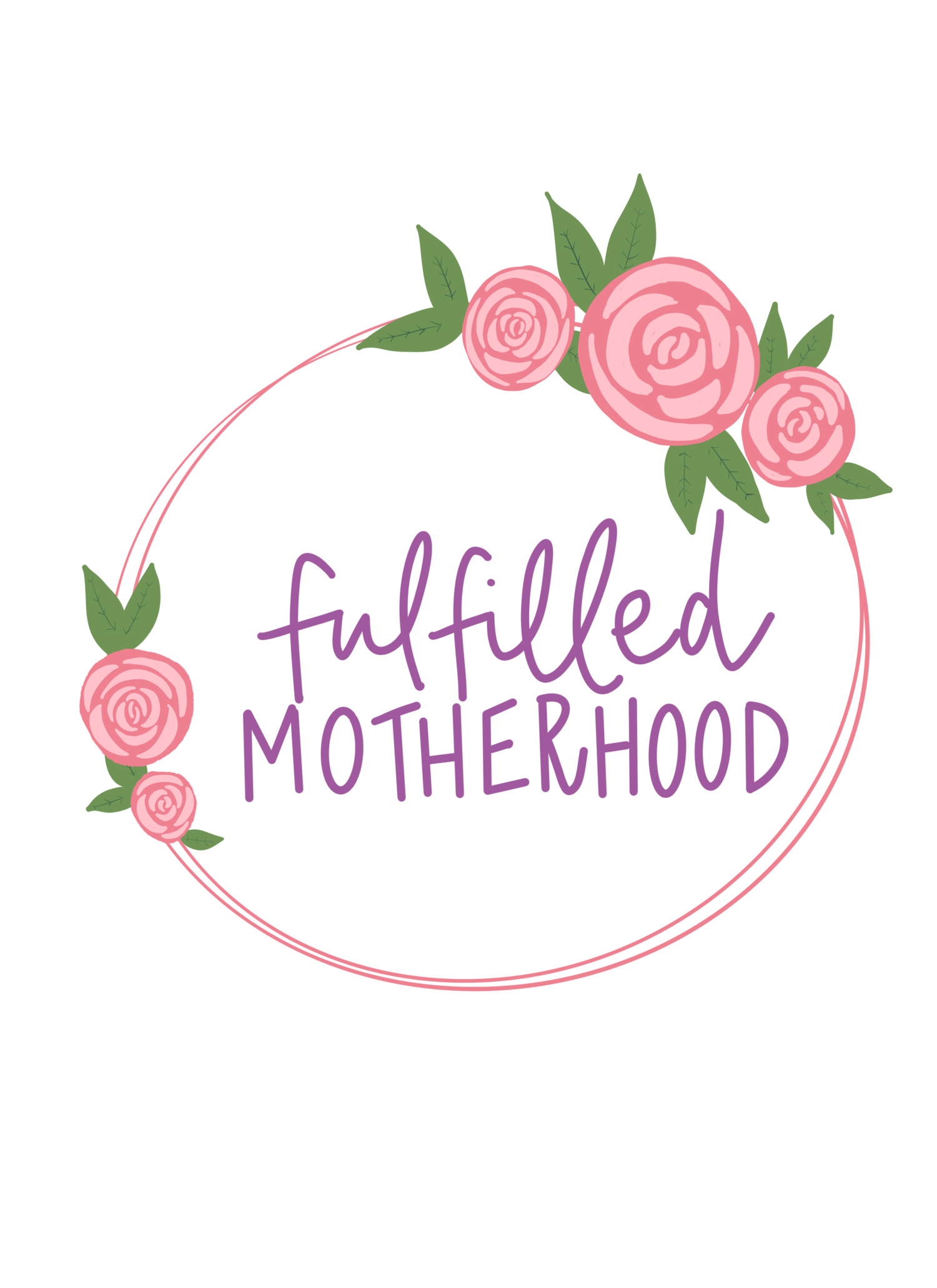5 Signs of Postpartum Anxiety
We’ve all heard of postpartum depression, but what is spoken about less often and I actually see a lot more of in my practice is Postpartum Anxiety. I think the reason we talk about this less is that it’s become accepted as ‘normal’. Moms are supposed to worry. When we hear a mom worrying we brush it off and say something like ‘oh, that’s just part of being a mom’.
Worry from time to time is totally normal, but if you are finding yourself experiencing anxiety many days of the week, it could be something more.
5 signs of Postpartum Anxiety
You feel like you have to be in control of everything baby related, or something bad will happen.
This can look like being the one who gets up with the baby at all hours of the day or night, not letting your partner or family help because they ‘won’t do it right’. It can look like researching things for hours online so you make the right choice when it comes to diapers or bottles. It can look like snapping at those close to you if they do something without your permission or okay, even if it’s something you don’t really care about but being out of control feels scary and unsafe.
You aren’t able to sleep when the baby sleeps because you feel keyed up, on edge or your mind is racing.
You may lay down and your mind is bombarded with thoughts of all the things you need to do, worries about whether or not you’re doing this motherhood thing right or anxious thoughts that your baby isn’t breathing or needs you.
You experience thoughts or images of something bad happening to the baby or to you or your partner.
This can happen in both postpartum anxiety and in postpartum OCD. You might experience intrusive thoughts of something bad happening to your baby or something bad happening to you or your partner that prevents the baby from being taken care of. Sometimes in these thoughts moms see themselves doing the bad thing to the baby and they are horrified and scared. If this is happening to you, please seek help from a perinatal mental health trained therapist. You are not alone and this happens more often than you think!
You are experiencing worried thoughts or fears multiple times per day.
Everything feels scary. You feel scared to put the baby to sleep because what if they have trouble breathing. You might feel scared to use a new outfit because what if the baby breaks out in a rash. You’re scared to let you MIL hold the baby because what if your baby cries and you can’t take it. Everything feels hard, scary and overwhelming. This is a sign of anxiety.
You have a general sense that something bad is going to happen.
If you’re walking around with a general sense that things aren’t okay, something bad is going to happen and you’re feeling scared or unsafe but unsure why - this could be anxiety!
Some other symptoms of anxiety include: restlessness, sore muscles/muscle tension, difficulty sleeping, irritability, being easily fatigued and having trouble concentrating or your mind going blank.
1 in 5 women experience a perinatal mood disorder like anxiety, depression, ocd, ptsd, bi-polar disorder or psychosis.
If you are struggling mama, you are not alone. It’s not your fault. With help, you can feel better.
Acceptance and Commitment Therapy and Narrative Therapy can help with postpartum anxiety. These types of therapy can help you learn to see yourself as separate from your anxiety, to feel less controlled and overwhelmed by thoughts in your mind, to learn ways to relax and be in the present moment and to live a life based on your values and desires - not on your fears. I know it may seem impossible right now, it often does when we are in the midst of anxiety or depression - but I know you can feel better. I’ve seen it for many of my clients and experienced it firsthand myself after having my son in 2018.
If you are a mama in Colorado or Oklahoma who could benefit from counseling for postpartum anxiety, postpartum depression, healing from trauma or something else you’re struggling with - we are happy to help here at Fulfilled Motherhood Counseling. Virtual and In Person Therapy options available for moms during pregnancy, postpartum and early motherhood.
